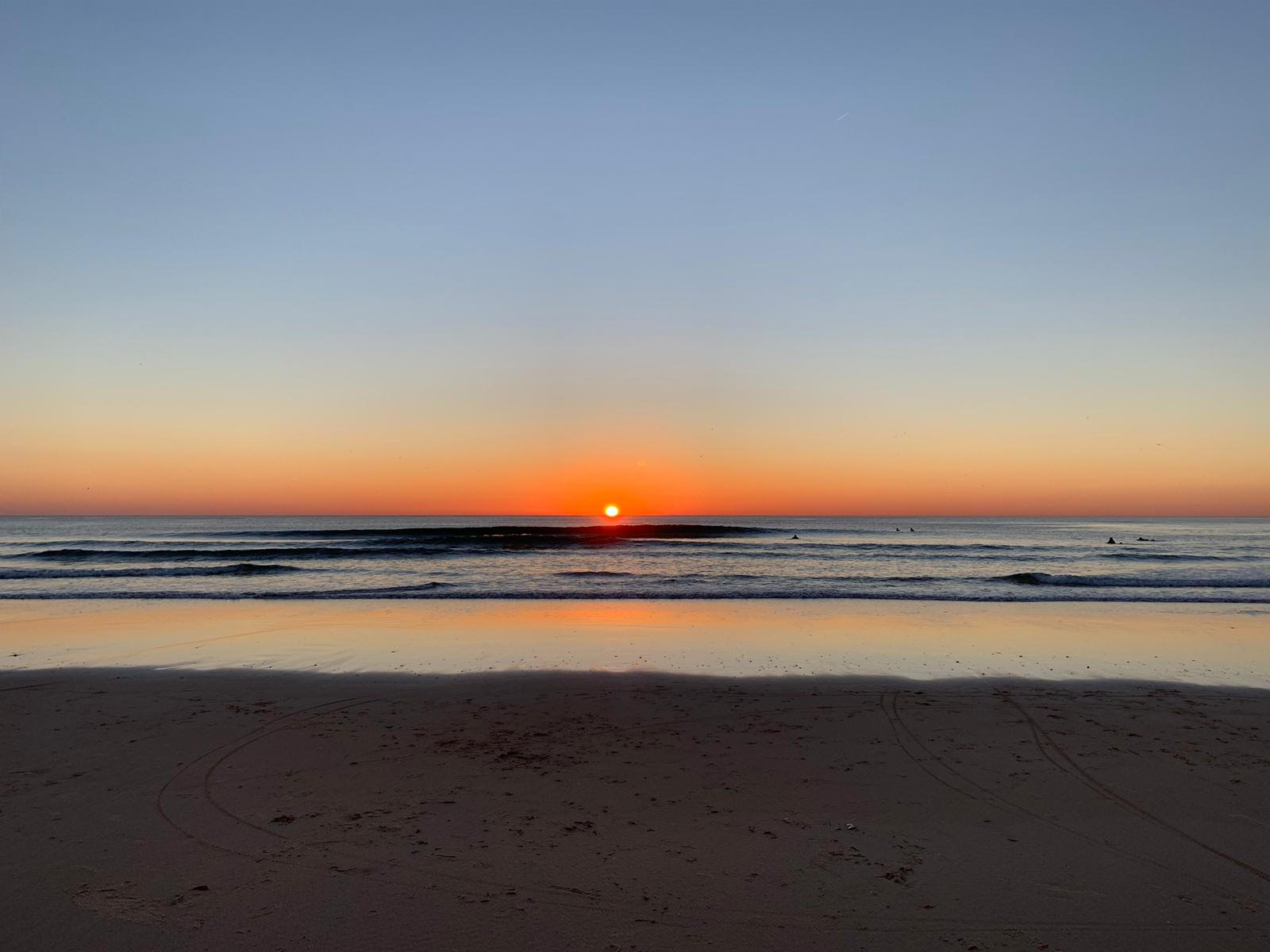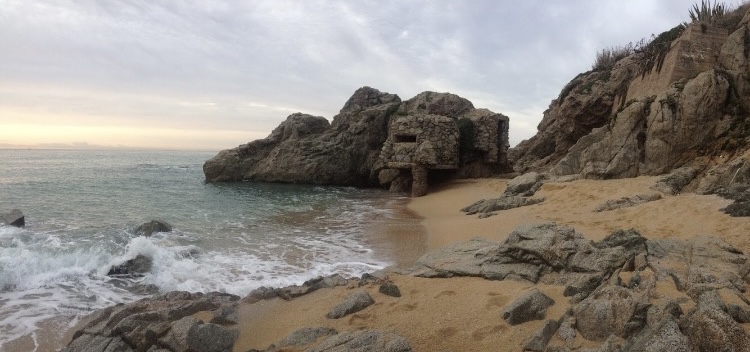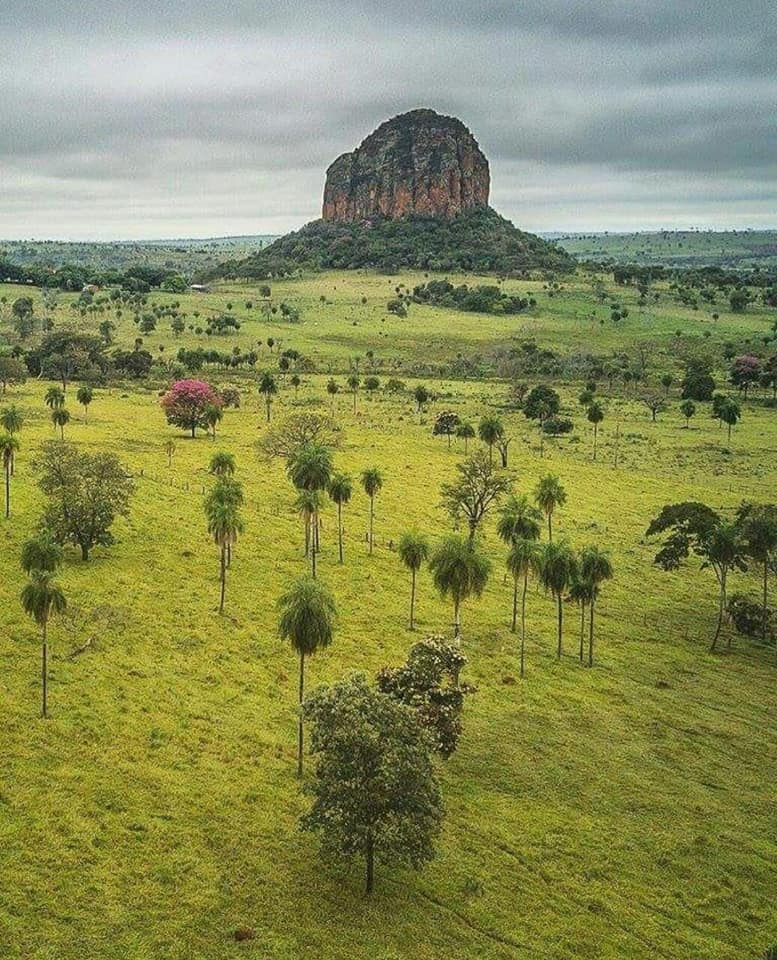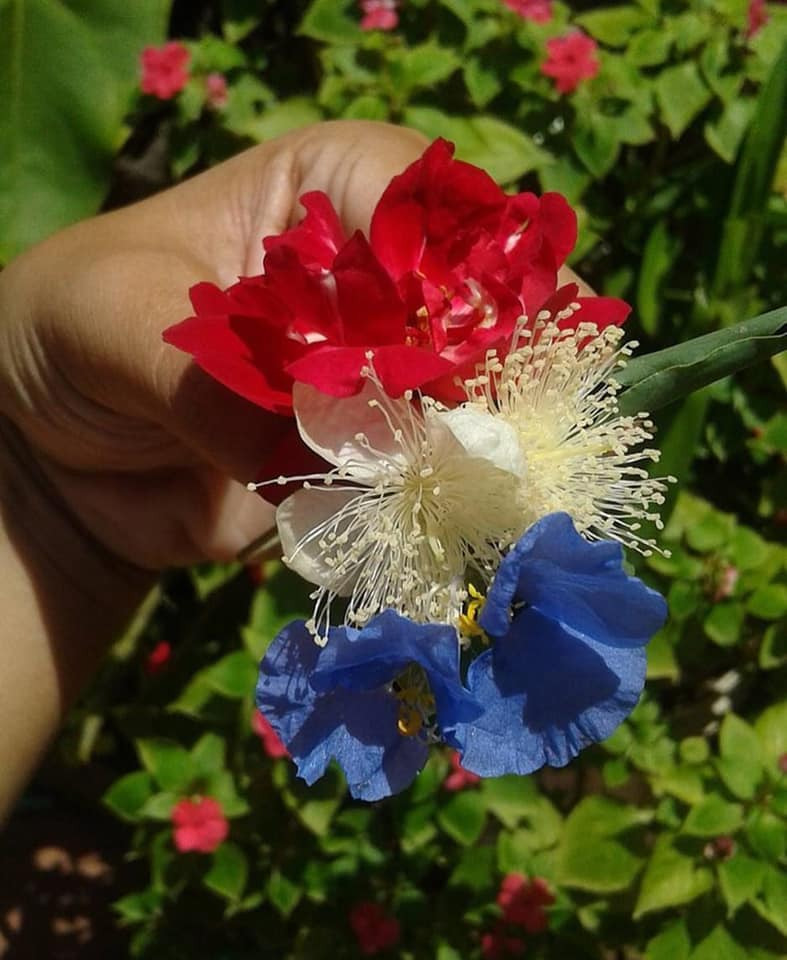By Simon Laing with various contributions 21/01/21
As groups, be they defined by border, religion, interest or politics, few things define our identity more comprehensively than language. From slang to prescriptive grammar, our lexis, accent and syntax indicate who we are and where we come from with greater clarity than perhaps anything else. Our language speaks beyond its words to our heritage, our education – more abstractly, to our aspirations, values and fears, even. Each individual’s linguistic contribution finds itself refracted through the kaleidoscope of idiolects and perceived linguistic boundaries within and around which we function; it’s difficult to not to try to fit in.
One of the eternal paradoxes amongst linguists, and perhaps more broadly, is that of the balance between conservation and progress. Between 1950 and 2010, over 200 languages became extinct and between 50-90% of those currently spoken are deemed destined to disappear in the coming decades. The cultural loss is undebatable but is the passing into history of such languages an inevitability of the seemingly perpetual forward motion of the world? Are we doing enough to curate the legacy of these living historical artefacts or is doing so to stem the inevitable advance of change?
The ephemeral nature of popular culture combined with the increasingly connective technology of communication alongside the transitory nature of geopolitics and economies; the importance of staying relevant and consistent in an ever-changing world is a challenge faced by many.
PokoPeko presents Languages ², a collection of engaging articles chronicling the realities of growing up, living and working in minority language communities. Accounts from people around the world with first-hand experience of life within such cultures. We’ll be hearing from friends of PokoPeko from countries as diverse as Paraguay, Wales, Japan and Switzerland, with their personal stories of life in language communities that in some cases flourish against the odds and in others face battles becoming increasingly difficult to fight. let alone win.
If you come from a minority language community, we’d be very grateful to hear your story: at: info@pokopeko.com
Or on Social Media



